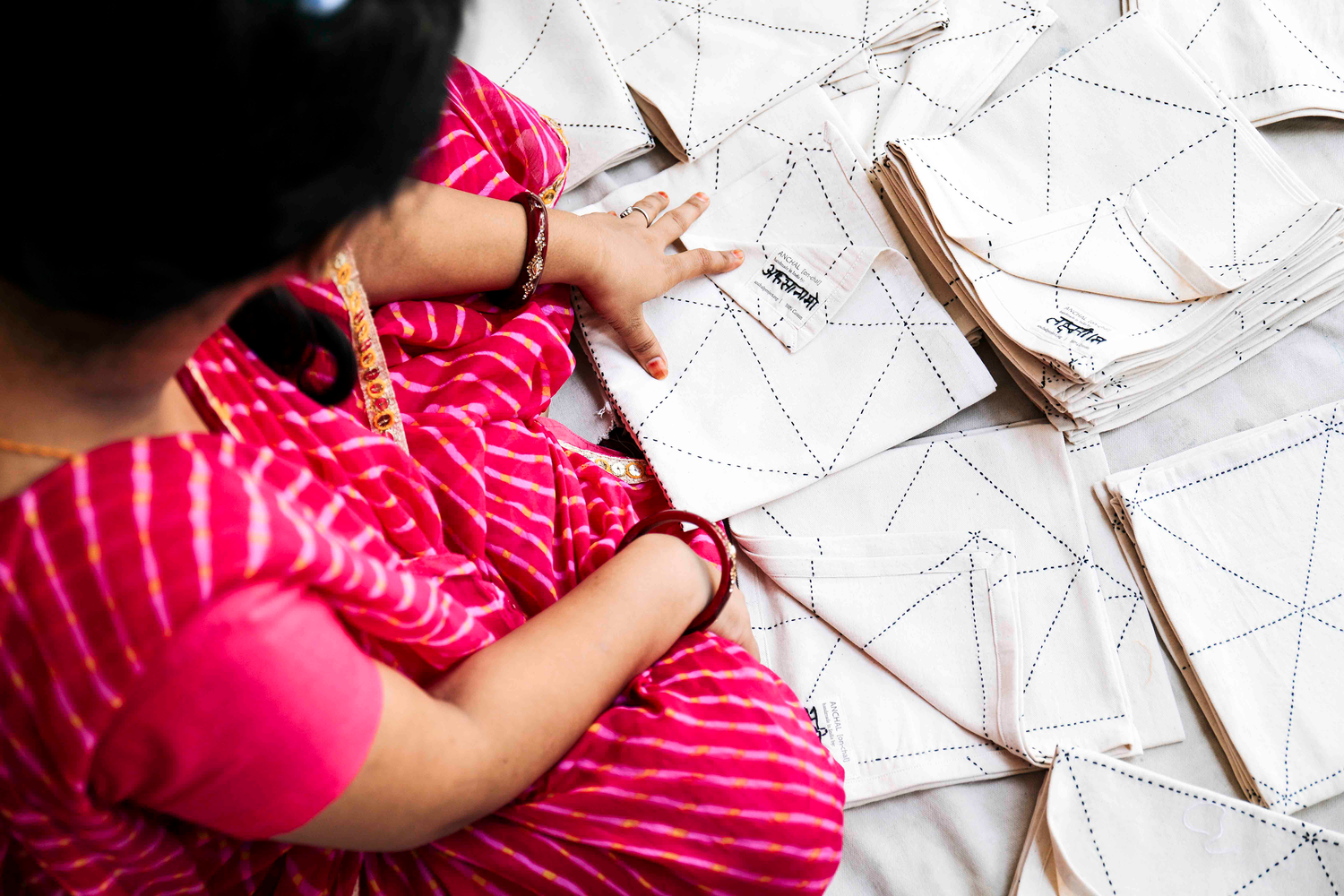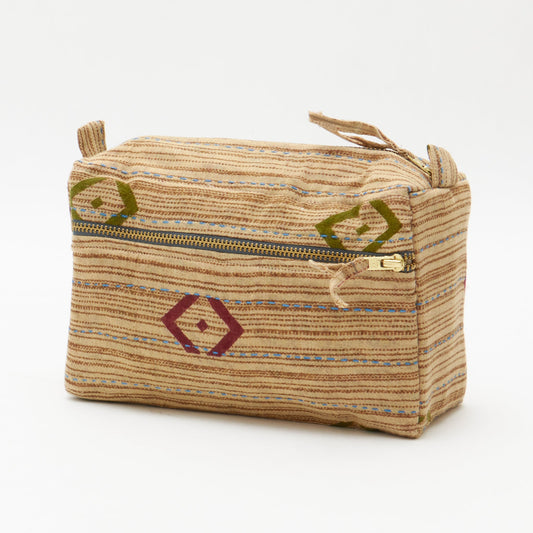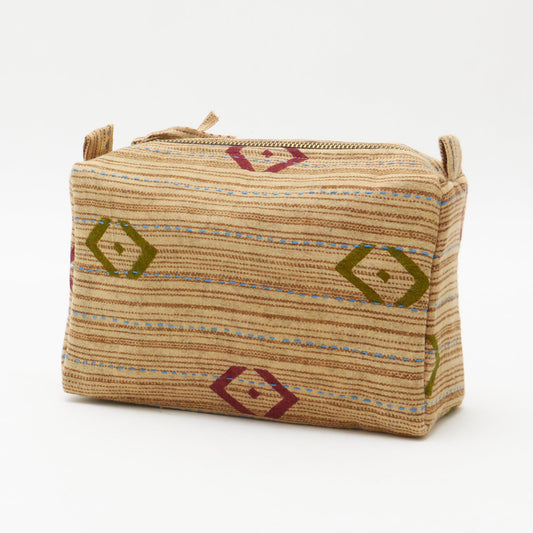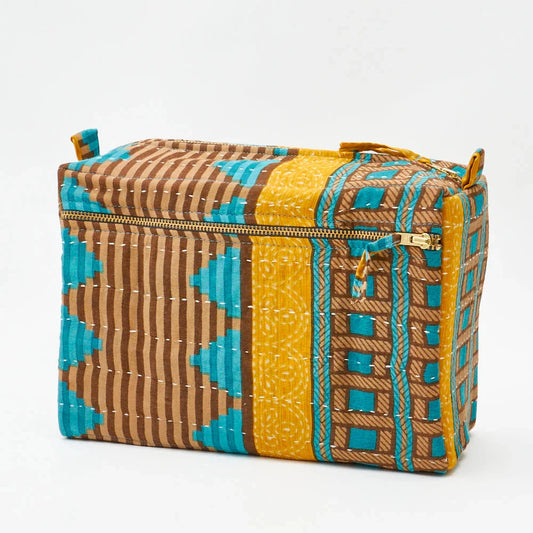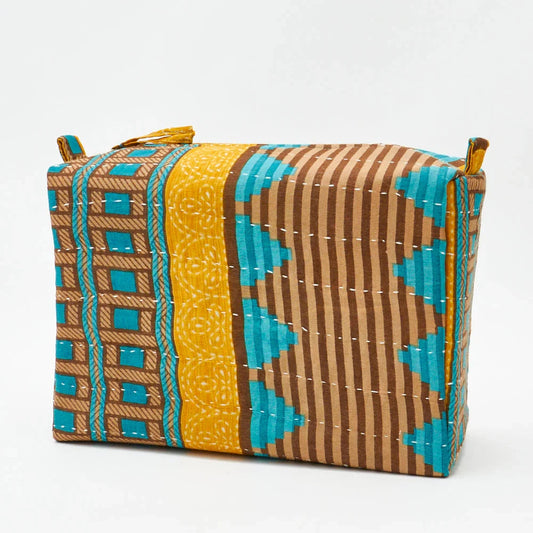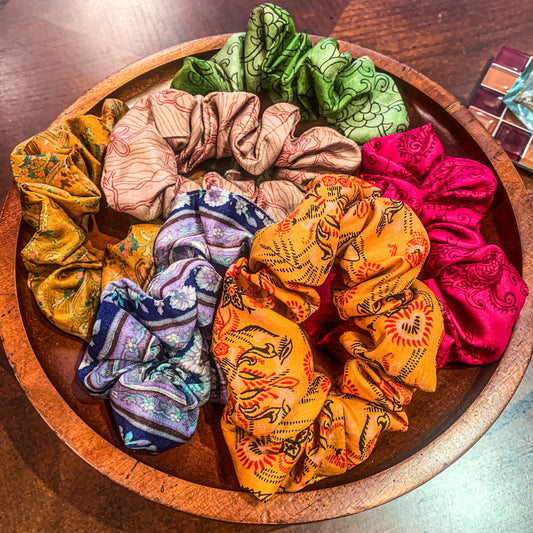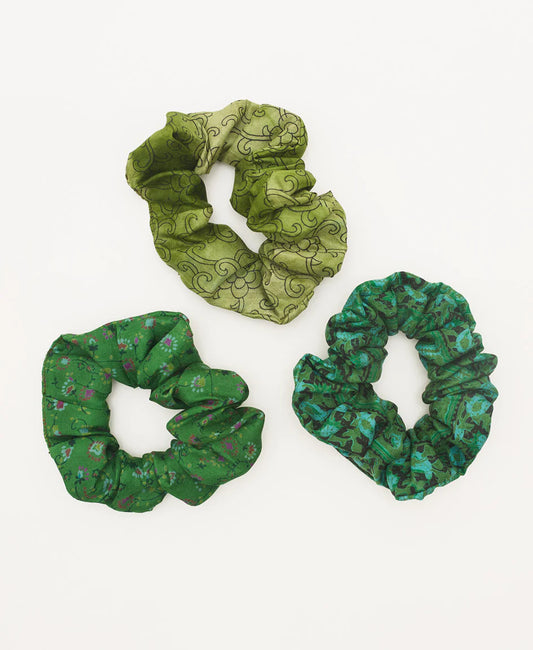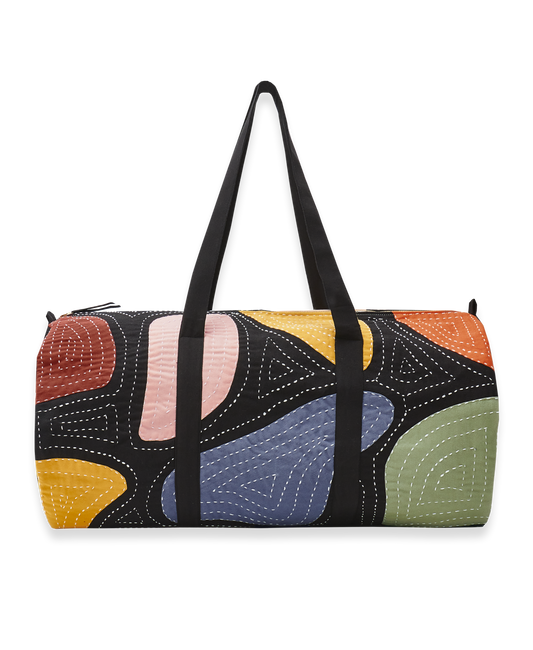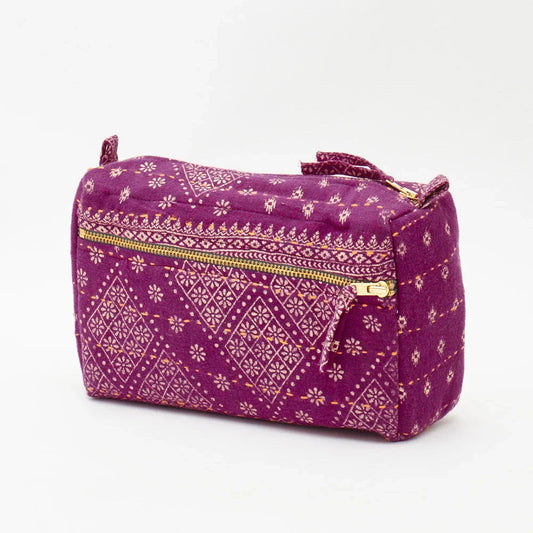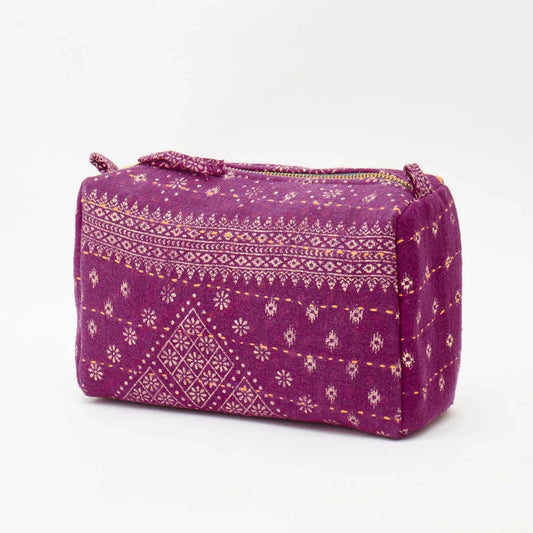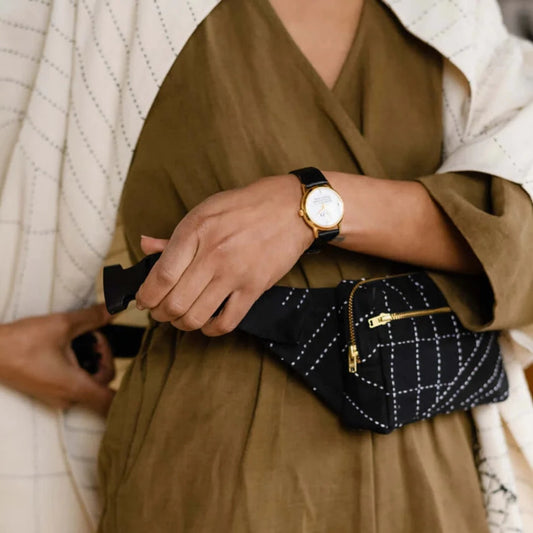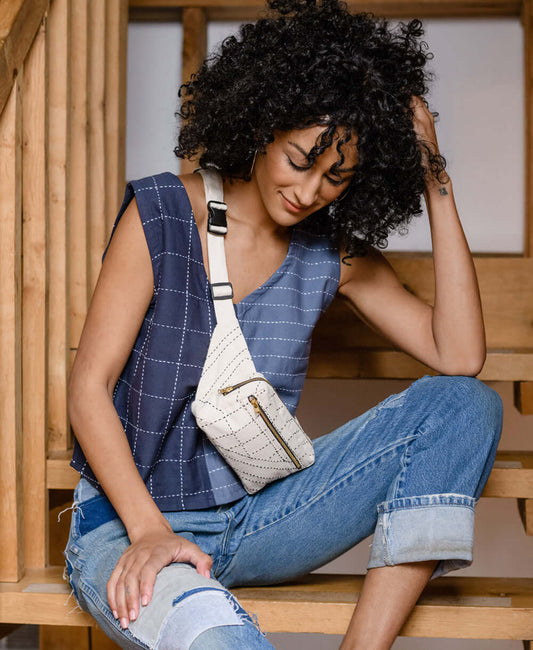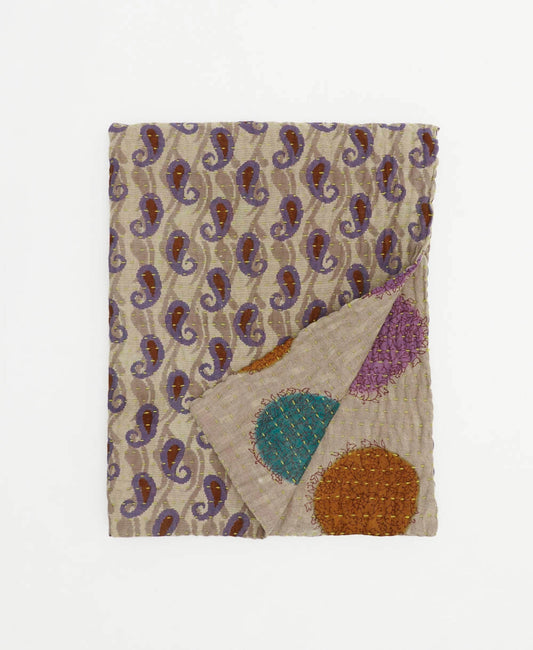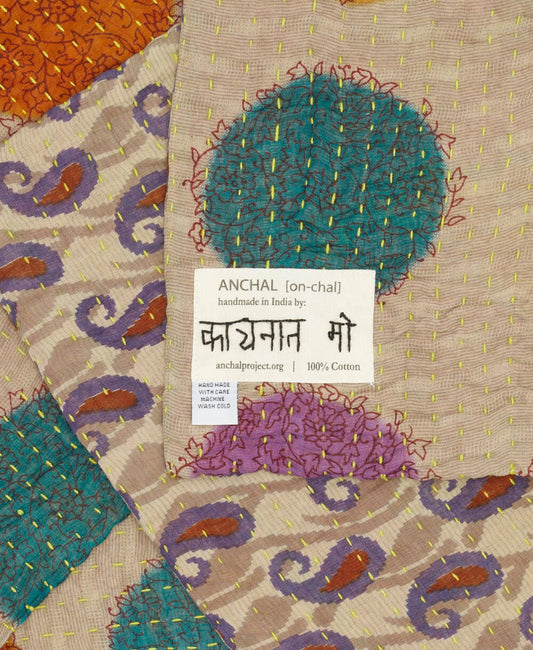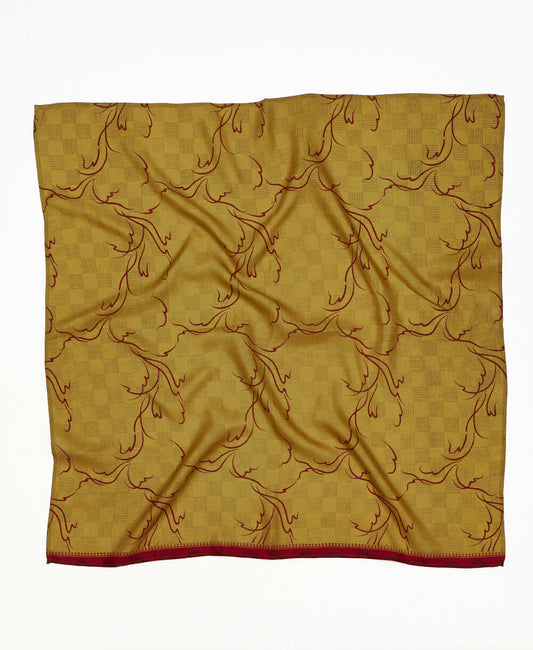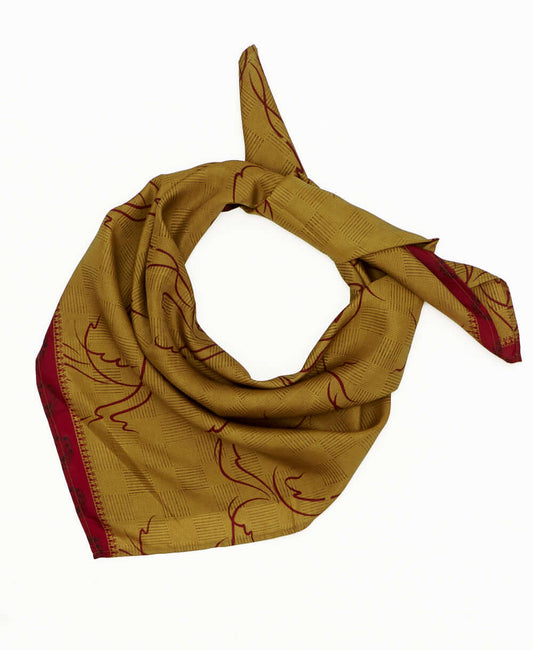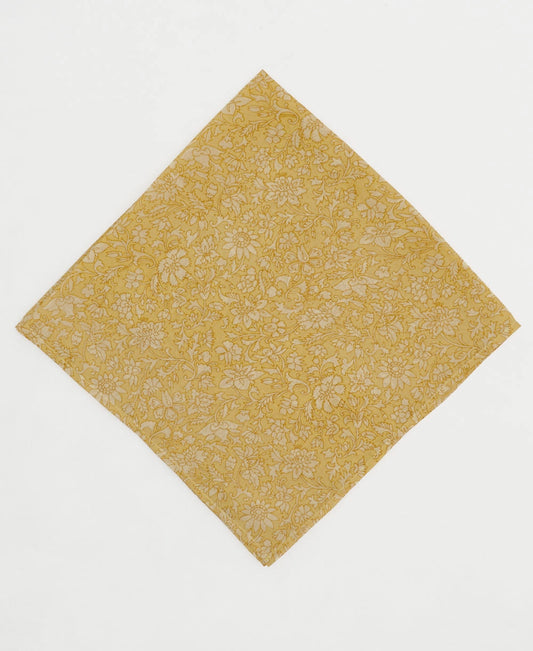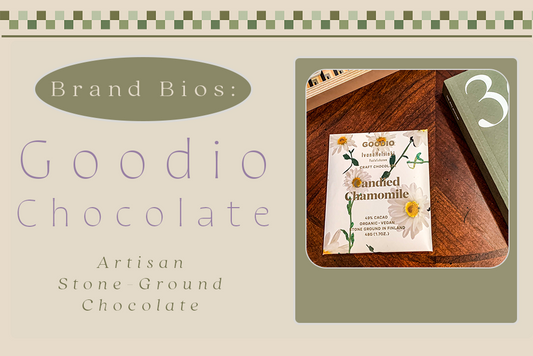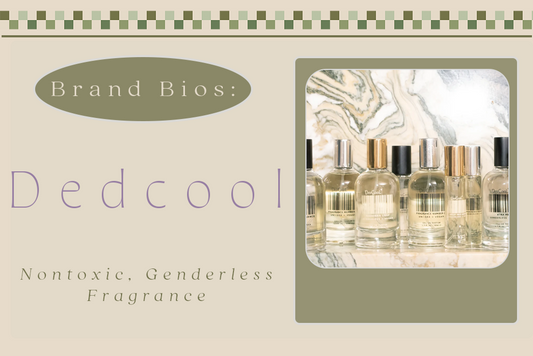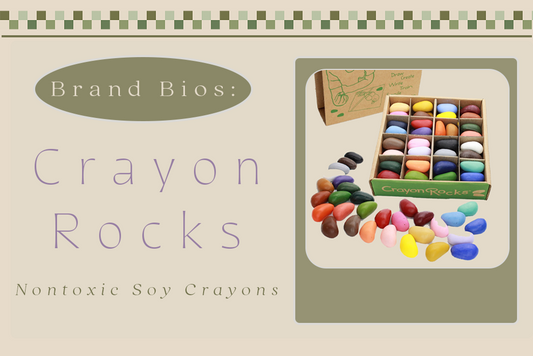Even amongst our lineup of brands, Anchal stands out. Not only is their visual style instantly recognizable, but the entire ethos of the company sits on its commitment to ethical production. The company’s structure is actually that of a 501-3(c), meaning it’s a non-profit organization, rather than a LLC or corporation. In other words, rather than profit being the main goal, Anchal’s mission is actually to provide sustainable employment for people, especially women, in India. Selling the products they make is just the means to that end. It functions in direct opposition to the fast-fashion industry, where workers are exploited and seen only as objects to cushion a corporation’s bottom-line, which is usually profit.
On the complete other end of that spectrum lies Anchal, who dedicates different pages of their website to sharing their philosophies, social impacts, a closer look at their artisans, as well as a headshot for everyone who works for the organization. In terms of social impacts, all of their artisans have their own bank account and health insurance and bi-annual check-ups, the vast majority of their artisans left the commercial sex trade, and Anchal also offers educational workshops to help give their artisans tools to support and independent life. All of this barely scratches the surface, and I would highly recommend taking the time to learn more about the incredible mission behind this label.
When it comes to Anchal, it’s neither the ethical mission nor the aesthetic vision that takes precedence, they coexist harmoniously. Coined design thinking, Anchal explains that “design is our passion, and using design to impact lives has become our purpose. We believe design and interdisciplinary collaboration can be a catalyst for positive change. As a non-profit social enterprise, we use design thinking to create innovative solutions to tackle social inequalities and reform traditional textile manufacturing practices.”
Quilts were Anchal’s first product, and their signature quilting motif is still present throughout their line of modern homewares, as well as their apparel. They use a traditional embroidery technique called kantha, which dates back to ancient times. Quilts represent warmth, comfort, community, and creative self-expression. By using this traditional technique and fusing it with a contemporary aesthetic, Anchal truly captures the essence of their collaboration with their artisans. At a distance you admire the sophisticated design; close up, the skilled handiwork. As a whole, it’s a synergistic blend of ethics and aesthetics, and slow luxury to the core.


